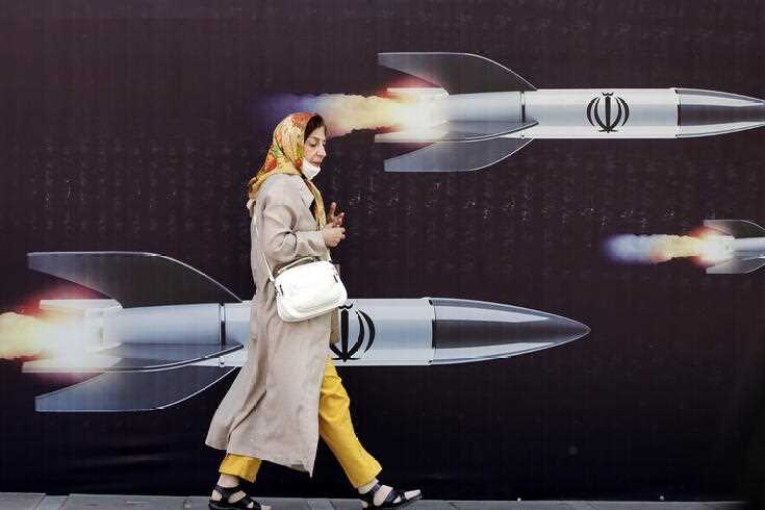Australia and Indonesia face shared terror threat: minister
Federal Justice Minister Michael Keenan has acknowledged the larger and more complex terror threat shared with Indonesia, but has not offered any new co-operation to avert attacks.
The minister’s visit to Indonesia on Wednesday came as both nations confront the emerging threat of the Islamic State of Iraq and the Levant (ISIL) recruiting and radicalising citizens.
• Aus-Indon deal struck
• Terror threat greater than time of Bali bombings
It came also as both countries heal a diplomatic rift that could have diminished intelligence co-operation at this vital time.
There are reports as many as 150 Australians have joined the ISIL cause, and while Indonesia estimates around 60 of its citizens are involved, it’s believed the real number could be closer to 200.
Marking the 10-year anniversary of a police training facility established by Australia and Indonesia, the minister described the new danger of nationals fighting in Iraq and Syria as a threat that was “growing, both in terms of size and complexity”.
He told reporters at the Jakarta Centre for Law Enforcement Cooperation (JCLEC) in Semarang, central Java, that Australia and Indonesia already had “incredibly strong” co-operation.
“I feel very comfortable that the Indonesian government is aware of it and are responding appropriately to the Indonesian circumstances,” Mr Keenan said.
The minister said for its part, Australia would focus on a two-pronged approach of “outreach” to Australian Muslims and the proposed new suite of counter-terror laws to deal with the threat of returning fighters.
“Clearly the scale of the threat in terms of the numbers of Australians going overseas means that we need to have the most robust legislative framework that we can,” he said.
Australia and Indonesia established the JCLEC in the wake of the 2002 Bali bombings to strengthen counter-terror and transnational crime co-operation. It was established in 2004.
Indonesian police who trained in disaster victim identification at the centre recently responded to the MH17 crash, which claimed Indonesian and Australian lives.
Although bilateral co-operation on security was officially halted in November – after Indonesian President Susilo Bambang Yudhoyono learned of Australian efforts to spy on him – the neighbours have acted against the new jihad threat in unison.
Dr Yudhoyono this month declared a ban on Indonesians supporting the group, also known as ISIS and Islamic State. A day later, Prime Minister Tony Abbott proposed the scaled-up terror laws.
The president’s move came after Bali bombing mastermind Abu Bakar Bashir pledged an oath to ISIS from his jail cell.
A new code of conduct, sought by Indonesia to restore intelligence co-operation, has been completed and is expected to be signed before the end of the month.
Facts about JCLEC
– The centre was established by the Indonesian and Australian governments in February 2004
– It has trained more than 16,000 participants from more than 70 countries
– JCLEC co-ordinates a range of training programs on transnational crimes, with counter-terrorism the priority
– The Australian Federal Police and Indonesian National Police jointly manage the centre
– The additional countries contributing to funding include Canada, Denmark, New Zealand, Britain and the US.








